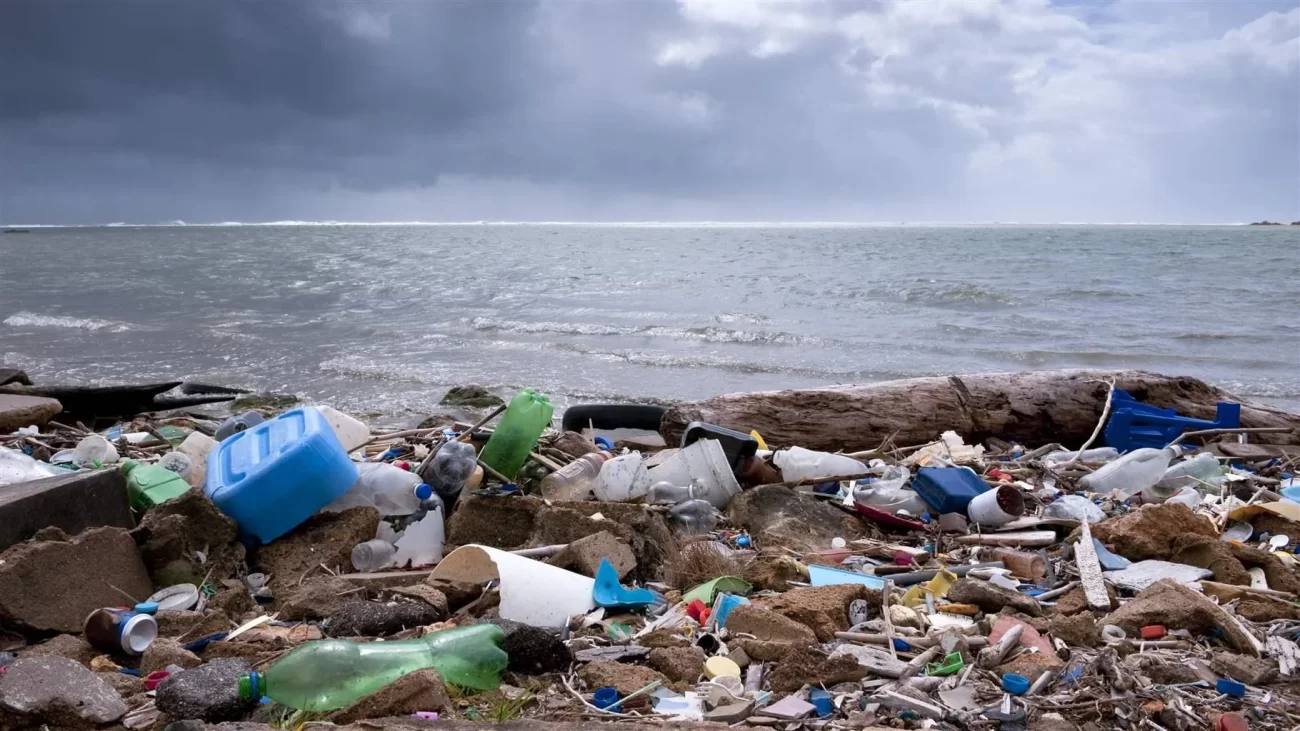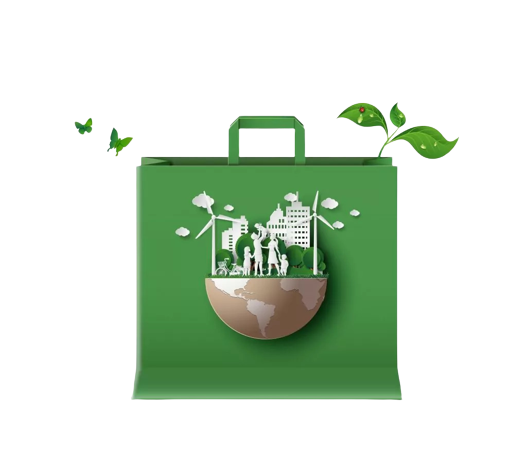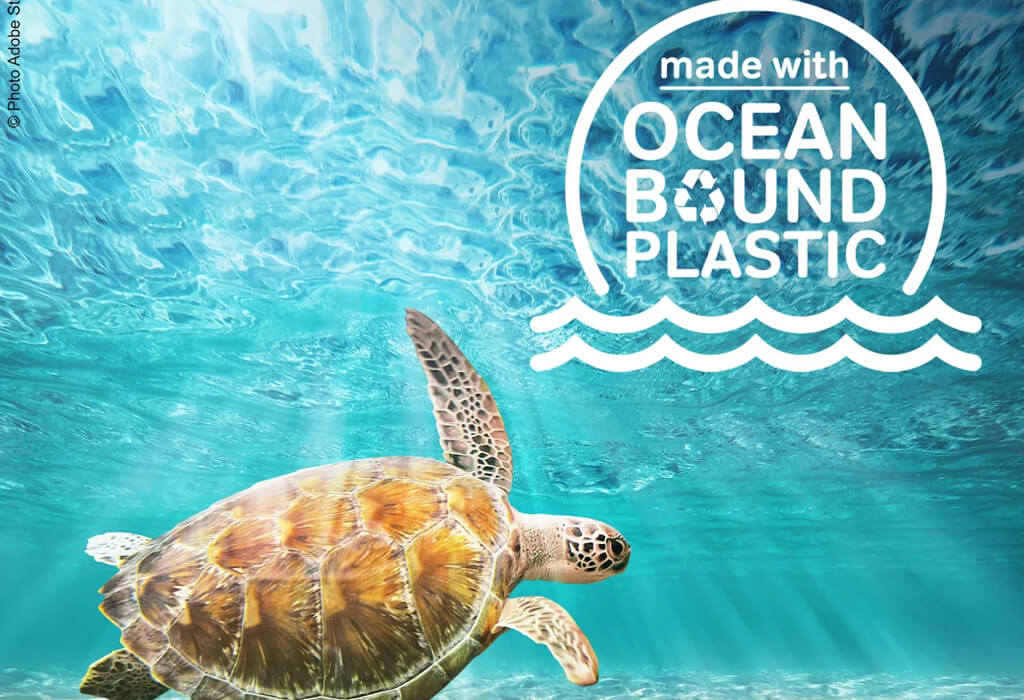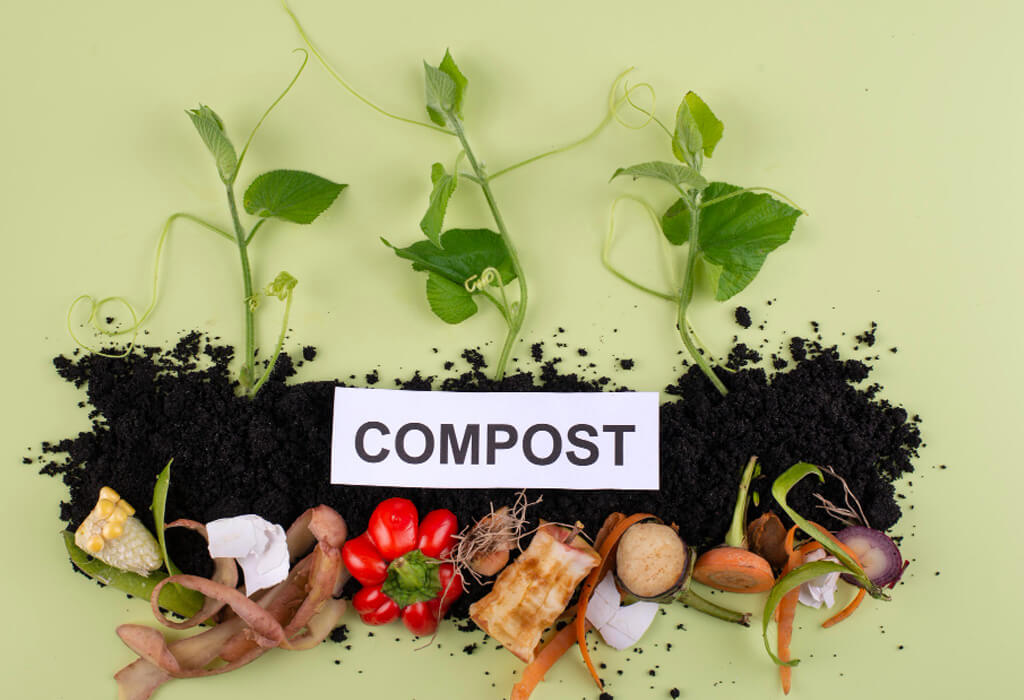Ocean Bound Plastic
They are generally described as Abandoned plastic which in other words says risk of ending up in the ocean.
These are generally located 50 km from shores where waste management is inefficient . The plastic waste is not considered to be Ocean Bound Plastic (OBP). However , when they are abandoned in an uncontrolled or informal dump site , this waste is considered to be Ocean Bound Plastic (OBP) . OBP is estimated to generate 80% of plastic marine litter.

Where does the plastic in our oceans come from ?
Plastic pollution is an unequal problem which affects the developing countries much more than wealthy countries. 80% of these plastics enter through rivers and coastline. The other 10% comes from marine sources such as fish nets , ropes and fleets .Identifying where plastic emissions are coming from really matters and then taking it . Few rich countries emit very little; this means domestic strategies to reduce plastics in these countries will not make much difference to ocean plastics .
To stop plastic pollution in our oceans we need a global approach to reducing plastic waste and managing it appropriately to stop it leaking into the natural environment.
Why Ocean Bound Plastic?
We think ocean-bound plastic provides the best balance of sustainability, environmental and social impact, and viability. It’s a practical first step toward a new plastics economy that doesn’t pollute the planet.
How is it done ?
- Collected : Waste is cleaned up from regions that have been identified as the source of ocean pollution by certified collection organizations.
- Sorted & amp; Cleaned : The waste is sorted. The useful material is prepared for recycling. Material that isn’t recyclable is carefully managed to stop it returning to the environment.
- Recycled : A certified recycling organization converts the plastic into valuable material again.
- Upcycled : We buy the material and start working. It’s formed into our design, packed in sustainable packaging and sent to our amazing customers.
- Reused : Products are reused, repaired and finally recycled into new products at the end of their life.
Do these Ocean Bound Plastic matter ?
Most visible impact of these plastic debris may be due to the process of taking food or drinking or any kind of other substances entering into the body by swallowing them or absorbing them , for example for marine wildlife you have seabirds , whales ,fish and turtles . They mistake these plastic waste as prey, and most of them die of starvation as their stomachs would be filled up with plastics.
So can these Ocean Bound Plastic be recyclable ?
Not all ocean plastic is recyclable. Cleaning plastic from the ocean is not easy. In addition, most plastic isn’t actually floating at the surface of the ocean waiting to be easily cleaned but has sunk to the bottom.
This plastic is difficult to reach, let alone remove, causing further damage to our ocean’s ecosystems with very few potential solutions, making the case for prevention even more crucial . Not all plastics can be recycled.
So the main goal here is that people should understand how recycling can help the environment to save many marine animals from dying and at the same time affect the world by decreasing toxic chemicals entering into water and by decreasing deforestation.





Your innovative approach and clear writing provide an excellent foundation. By implementing these suggestions, you can transform your solid work into an exceptional piece that resonates deeply with a professional audience and makes a significant contribution to your field. Your commitment to excellence is evident, and with these refinements, you will further establish yourself as a thought leader in your area of expertise. I look forward to seeing your continued growth and the impressive results of your efforts.